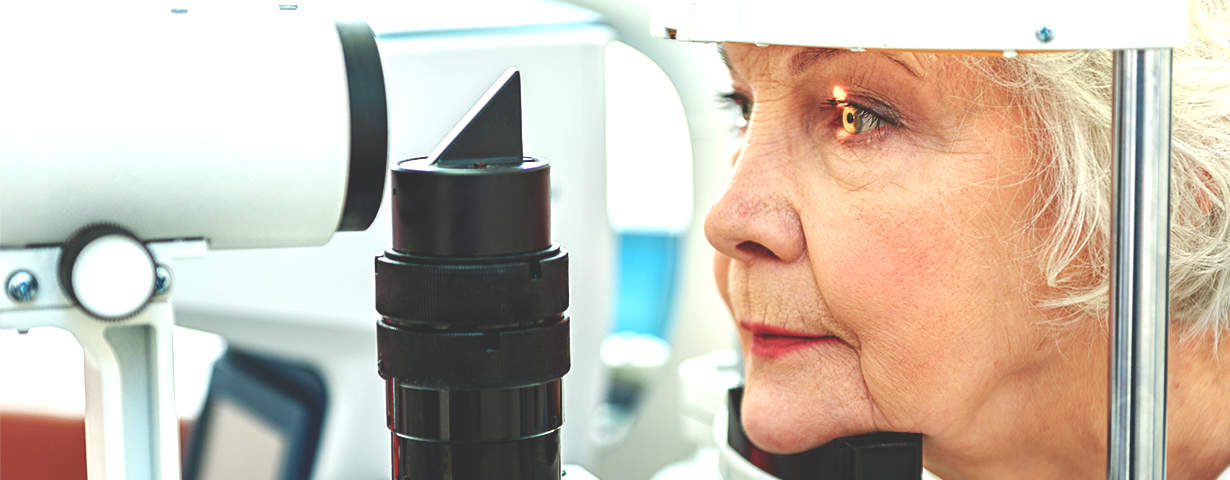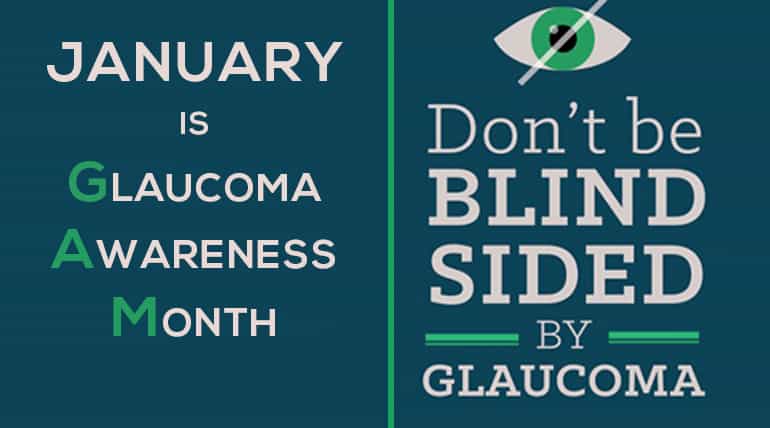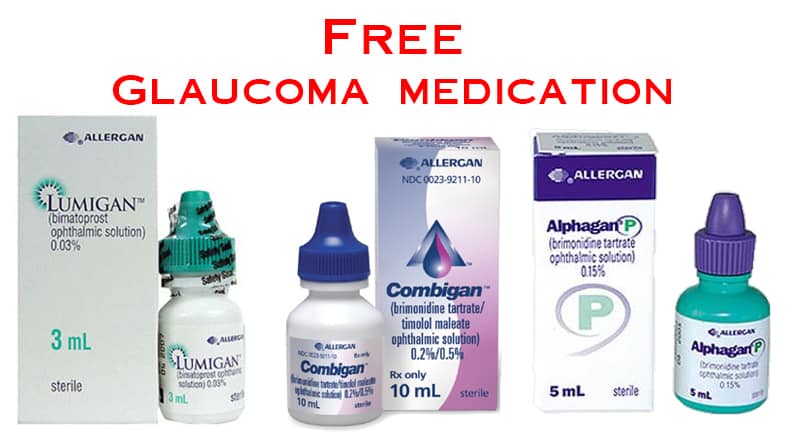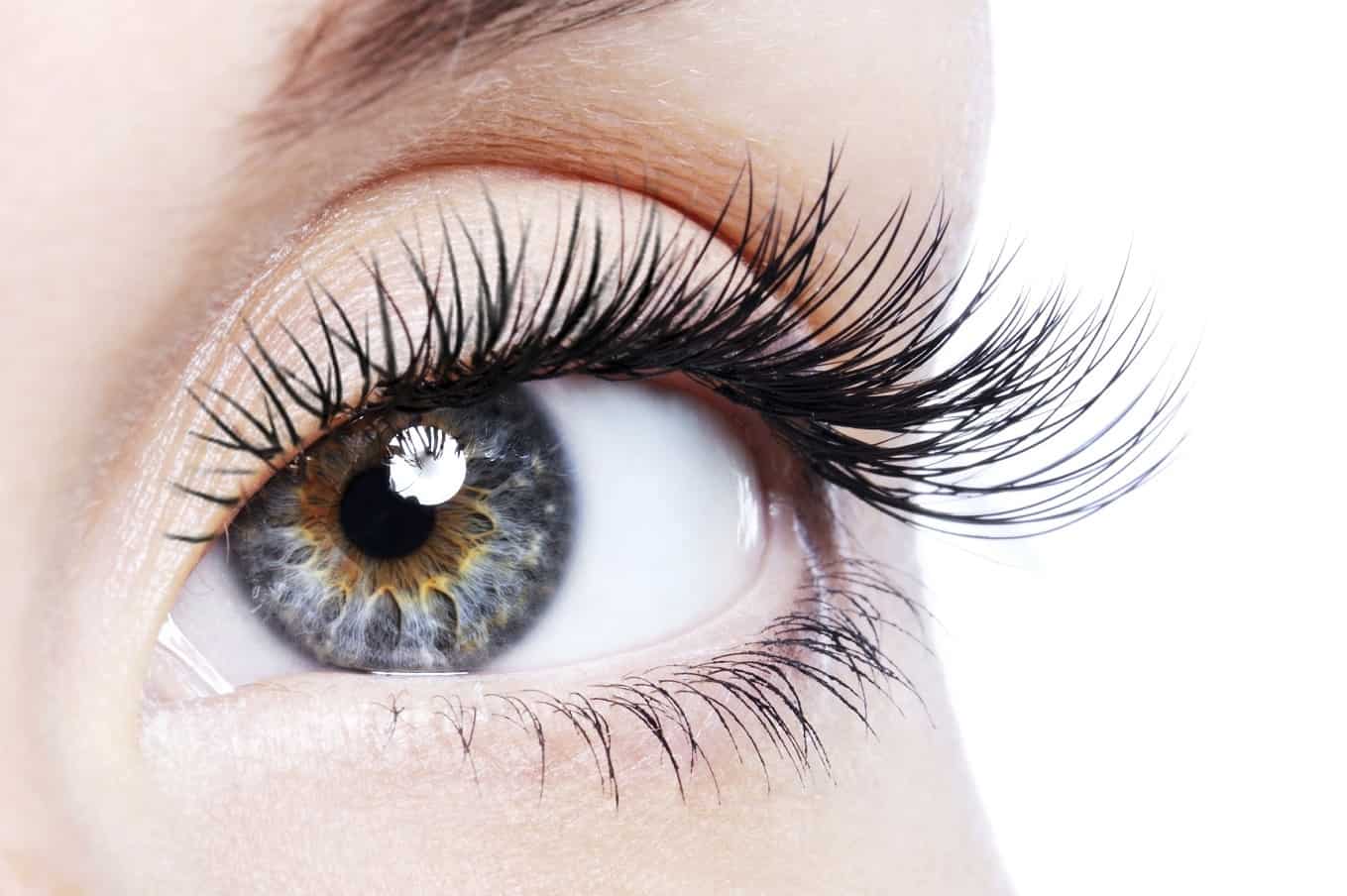Daily Cup of Tea Lowers Risk of Glaucoma?
Researchers have found that people who drink a cup of hot tea daily are 74% less likely to be diagnosed with glaucoma than those who do not drink tea. This study was published in the British Journal of Ophthalmology.
The study found that drinking caffeinated and decaffeinated coffee, iced tea, decaffeinated tea, as well as soft drinks, did not make any difference to glaucoma risk.
Glaucoma is a group of related eye disorders that cause damage to the optic nerve that carries information from the eye to the brain.
According to the American Academy of Ophthalmology, the most common type of glaucoma — called primary open-angle glaucoma — affects an estimated 2.2 million people in the United States, and that number is expected to increase to 3.3 million by 2020 as the U.S. population ages.
And because most cases of glaucoma have few or no early symptoms, about half of Americans with glaucoma don’t know they have it.

The current study analyzed data from the 2005-06 National Health and Nutrition Examination Survey (NHANES) in the US, a nationally representative annual survey that enrolled nearly 10, 000 people. It included interviews, physical examinations, and blood samples, designed to measure the health and nutritional status of US adults and children.
The 2005-06 NHANES also included eye tests for glaucoma for 1678 participants, among whom 5% (84 adults) were identified with the condition. Using a validated questionnaire—Food Frequency—the participants were asked how often and how much they had drunk caffeinated and decaffeinated drinks, including soft drinks and iced tea, over the preceding 12 months.
The data indicated that those who drank hot tea daily had a lower glaucoma risk than those who did not. After accounting for potentially influential factors, like smoking and diabetes, hot tea drinkers were 74% less probable to have glaucoma.
As the study was observational, firm conclusions on the cause and effect cannot be drawn. The study also has many limitations, like the small number of participants with glaucoma, lack of data on when glaucoma had been diagnosed, and lack of data on a few potentially influential factors such as cup size, tea type, or the length of brewing time.
However, according to the researchers, tea contains antioxidants as well as anti-inflammatory and neuroprotective chemicals, which are linked with a decreased risk of major conditions like heart disease, cancer, and diabetes. Former research had suggested oxidation and neurodegeneration could be involved in glaucoma development.
“Further research is needed to establish the importance of these findings and whether hot tea consumption may play a role in the prevention of glaucoma,” said the researchers.
Sources: News-Medical.net All About Vision





















